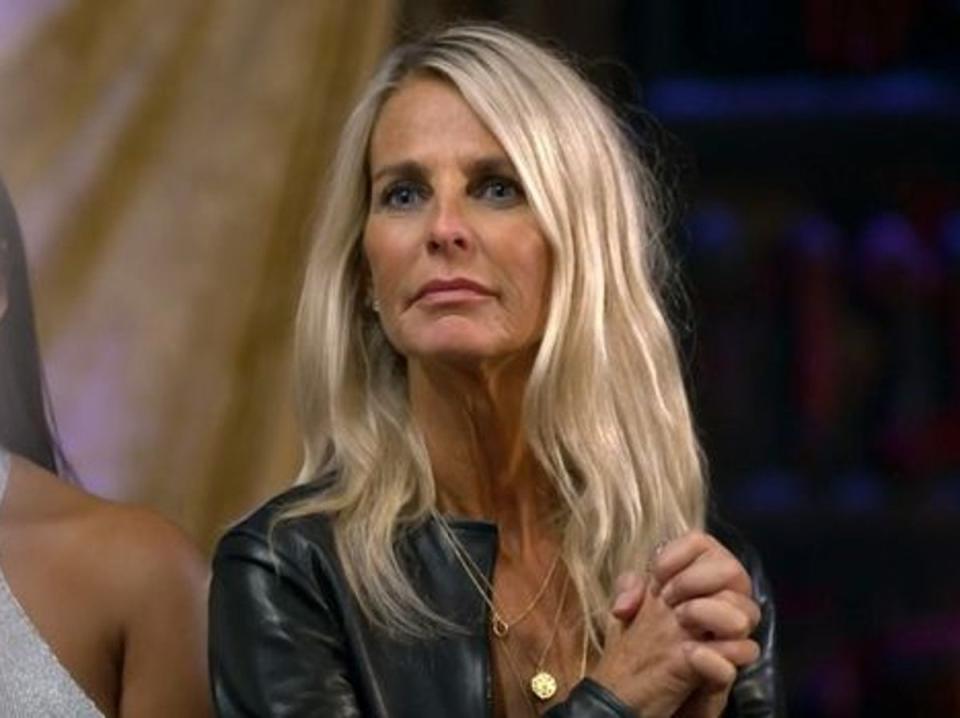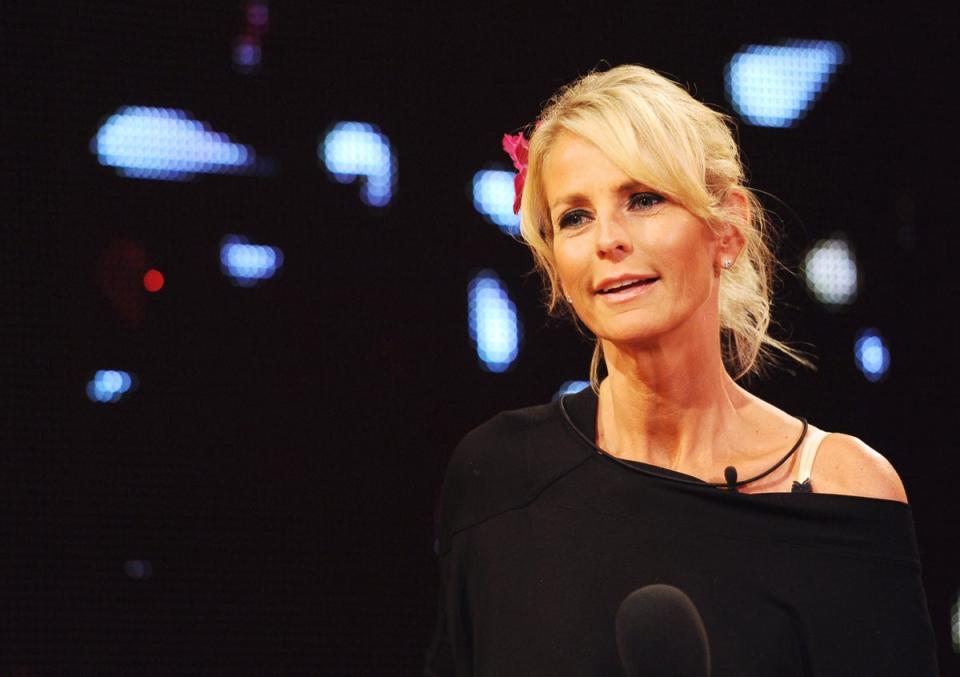Ulrika Jonsson says she would not report her rape to the police if it happened today
Ulrika Jonsson has said she would not report her rape if it happened today because she feels “deeply uneasy” about the police.
The TV presenter – best known for Gladiators and Shooting Stars – criticised the standards of policing in the UK for having “an indifference about women and their safety”.
In her 2002 memoir, Jonsson, 55, divulged that she had been raped when she was 20 years old and beginning her career as a weather presenter.
Jonsson said that she did not report the assault at the time because she did not think she would be believed since she knew the rapist.
In her recent column for The Sun, she explained that there “was no such crime as date rape” at the time.
“Society had taught me that I – as a woman – was culpable for finding myself alone in a room with a man,” she wrote. “I lived with that guilt and felt it for decades.”
Jonsson went on to say that she still would not go to the police today over fears that she would not be taken seriously.
“I’ve thought many, many times over the years about what I would do if – God forbid - I was raped again. I’ve written in this column that I would like to think I would report it, regardless of the circumstances,” she said.

“But as I write for you today, I can’t say that I would.”
Jonsson went on to refer to the recent controversy over a police poster in Kent.
The Kent police attracted widespread criticism over a poster that was displayed in a station, which listed rape and sexual assault as non-emergency crime, alongside anti-social behaviour, fraud, and road traffic incidents.
In a statement given to The Independent, a spokesperson for the Met said: “The Met is committed to transforming its response to rape. We are working hard to boost detection rates, cut the backlog of cases and reduce the amount of time victim-survivors spend waiting for justice.
“The Met is undertaking a series of measures to improve victim-survivors’ trust and confidence, as well as the number of cases brought to court.
“These include expediting digital forensic and judicial processes, investing £11m in digital forensics, a new agreement between police and prosecutors to work much closer in the initial stages of investigations and additional funding for lengthy, ongoing investigations.”

The Metropolitan police have come under fire recently, with the Casey Review – commissioned in the wake of Sarah Everard’s murder by police officer Wayne Couzens – laying bare a series of grave concerns about the police’s culture and standards.
The review found that Britain’s largest police force is institutionally racist, misogynist, and homophobic.
Despite the Met saying violence against women and girls is a priority, the review found that it is treated differently from “serious violence”.
You can read the key findings from the review here.
In a response, Commissioner Sir Mark Rowley said: “This report sparks feelings of shame and anger but it also increases our resolve”, adding “it must be a catalyst for police form”.
If you have been raped or sexually assaulted, you can contact your nearest Rape Crisis organisation for specialist, independent and confidential support. For more information, visit their website here.

